Steven Gerrard’s Rangers are currently unbeaten at the top of the Scottish Premiership, 16 points ahead of nearest challengers Celtic having conceded just five goals in 18 games.
They also finished top of their Europa League group, unbeaten ahead of Portuguese giants Benfica.
Celtic, currently managed by Neil Lennon, do have a few games in hand, but if the meeting between the two sides at Celtic Park in October is anything to go by, Rangers will remain in control.
This isn’t a given, despite Celtic’s struggles, and will require a monumental effort from Gerrard and his players to break nine years of Celtic dominance and prevent their rivals from winning a 10th title in a row.
When success is either achieved or on the horizon, it’s often easy to forget where a team has had to come from in order to get where they are.
Just as it’s easy to forget Liverpool were in the European and Premier League wilderness when Jurgen Klopp joined — the German transforming them into challengers and recent winners of both the Champions League and domestic league — Gerrard’s progress needs to be placed in a wider context.
After going into administration in 2012, Rangers were placed in the fourth tier of the Scottish football league system.
They immediately escaped that division with a first-place finish, repeating the feat in the third tier — both under manager Ally McCoist.
It took Rangers two goes to get promoted from the Scottish Championship, returning to the Premiership in 2016.
Since McCoist left in 2014, the club had six different names in the dugout before Gerrard joined in June 2018.
The longest-serving of these and Rangers’ last permanent manager prior to Gerrard, Pedro Caixinha, described the difficult situation.
“Rangers were involved in a process of descent to the fourth tier before I arrived and that completely removed the possibility of dethroning Celtic, in structural, financial and competitive terms,” said the Portuguese.
“At that time, Aberdeen had taken the place of Rangers. Now, Rangers and Celtic are second and first respectively, but the truth remains that Rangers have not won any cups yet. Celtic remain one step ahead.”
Influences
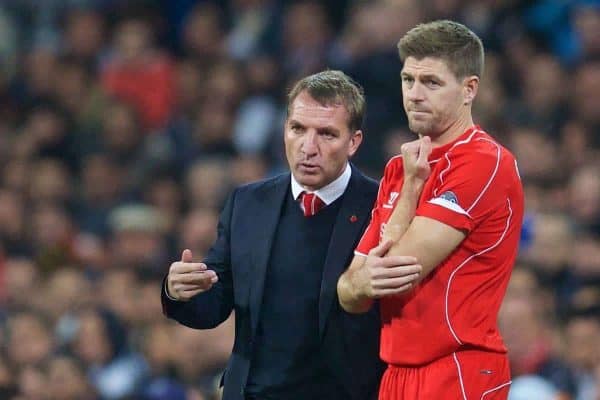
Though Rangers immediately returned to the upper echelons of the Premiership, as Caixinha says they were some way off Old Firm rivals Celtic who were in the midst of their success under Gerrard’s former boss at Liverpool, Brendan Rodgers.
Rodgers’ influence on Gerrard’s early management career has been evident, even if he is not a replica of the Northern Irishman who is one of many useful tutors Gerrard had during his playing career.
There are hints of a Rodgers’ influence in his media work too, but Gerrard is definitely his own man(ager).
As Rodgers himself has progressed and learned since his time at Liverpool managing Gerrard the player, Gerrard the coach has been on a steep learning curve too. He only completed his UEFA Pro Licence — the highest coaching qualification — a year after joining the Scottish club.
He is also influenced as much by current trends in the game as he is by the managers he worked under as a player.
The two main formations used by Gerrard during his tenure in Glasgow have been 4-3-3 and 4-2-3-1 — the two systems also used by Jurgen Klopp at Liverpool.
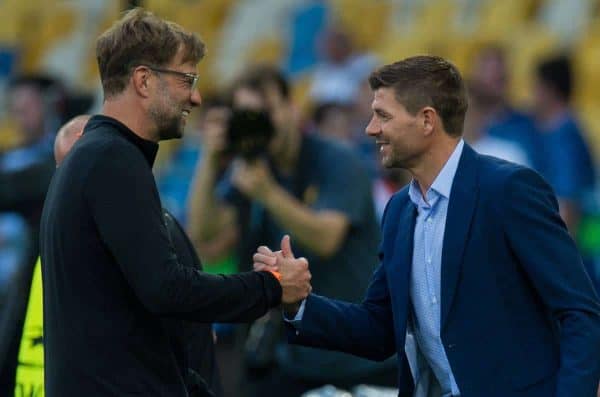
Gerrard trained with Liverpool in January 2016 while in the middle of a two-year stint with Major League Soccer side LA Galaxy. Klopp had arrived in Liverpool three months earlier, and the former captain took the opportunity to stay fit during the MLS offseason, as well as learn a few things about Klopp’s training methods.
“I was a big fan of Klopp before he came but having been around him and seeing how he is with individual players and tactics you can get excited,” Gerrard told the Telegraph at the time.
“I would never divulge what his tactics are or anything. There’s discretion. I just couldn’t get enough of what he said in the 11-a-side games.”
Gerrard’s 4-3-3 has been slightly different to those used by Klopp, and has occasionally resembled a 4-3-2-1 Christmas tree formation with two attacking midfielders or inside forwards behind the striker, a supporting press from a narrow midfield, and attacking width provided by the full-backs.
It creates a mid-block which is difficult for an opposition to break down, while also acting a like a coiled spring when it comes to triggering a press which is the most active in the Premiership.
The compactness borrows from the Arrigo Sacchi Milan sides Klopp himself was influenced by, and the narrowness of the inside forwards means these players are in good positions to score once the counter-press is initiated.
They not only have the best defence in the league by some distance, they are also averaging almost three goals per game in attack and have scored 13 goals more than Celtic.
One of the full-backs, right-back James Tavernier, is Rangers’ top scorer this season. This is partly thanks to being on penalty duty and free kicks, but he has also contributed goals in open play as well as 14 assists in all competitions.
It’s unbelievable output from the 29-year-old Englishman, but it appears that Gerrard, like Klopp, is making full use of his full-backs — or one of them a least — in a creative sense to supplement a well-organised and hard-working core.
Achieving success
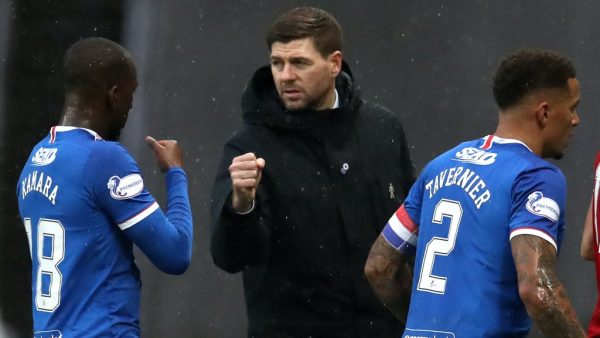
At the time of writing, Gerrard has managed 143 games at Rangers and only lost 20, winning 92. It’s easy to look upon this as him joining a Scottish football powerhouse who win most of the time anyway, and merely doing something expected, but considering the position Rangers were in when he joined, with Caixinha before him almost describing it as an impossible task, success is not being handed to Gerrard on a plate.
Consider Klopp, joining a Liverpool side who had only participated in the Champions League twice in seven seasons (being knocked out in the group stages both times) and were 10th in the Premier League on the day he joined in October 2015. A Liverpool side who have since won both competitions.
Consider Marcelo Bielsa, who joined a Leeds side who always felt like they should be in the Premier League, but no one was ever really convinced they would make it back there. They are now there.
None of these tasks were as easy to complete as the managers in charge made them seem, and they have created a whole new set of expectations in the process.
Similarly, any success Gerrard goes on to achieve with Rangers this season should be viewed with the recent past in mind, and not as an easy stepping stone to another club.
And, as with the other two clubs mentioned above, success is expected at Rangers but it is far from easy to come by.
Rangers’ start to the 2020/21 season under Gerrard is beginning to set new standards and new expectations. As with Bielsa at Leeds and Klopp at Liverpool (and Rodgers at Celtic for that matter), a talented manager can make all the difference.
Gerrard will need to make sure Rangers’ current form continues throughout the season in order to prove he is that manager for them. Their first game of 2021 is against Celtic and could set the tone for the rest of the campaign.
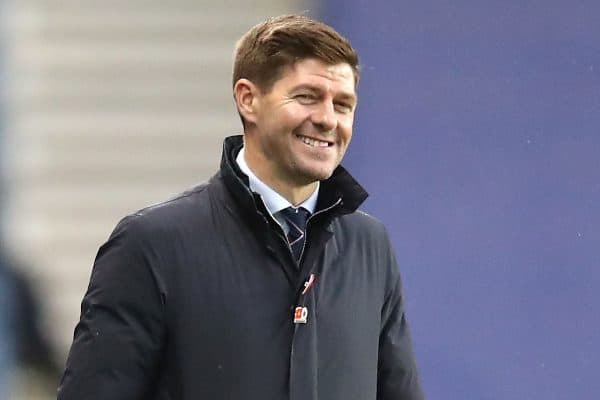







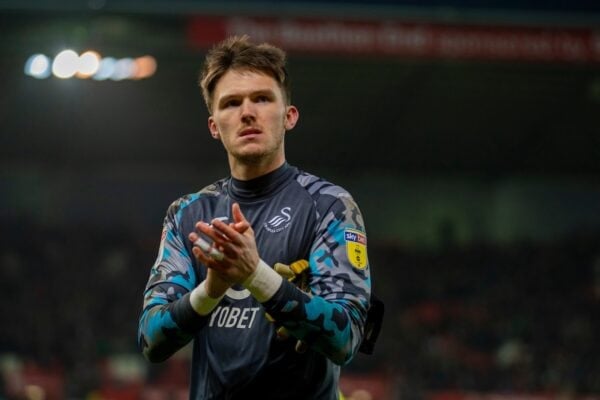




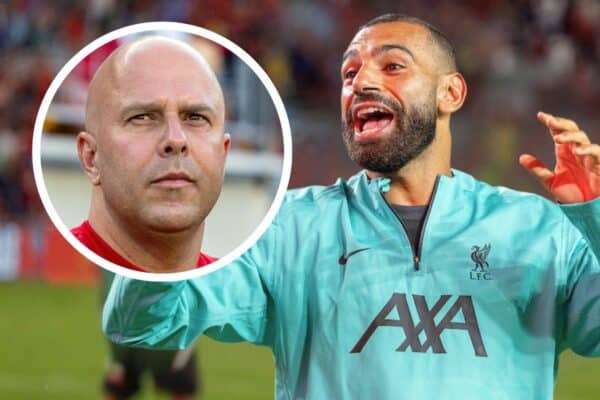


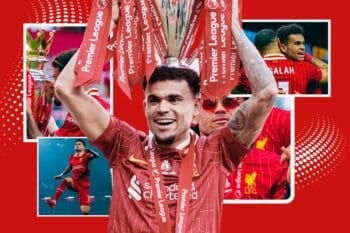

Fan Comments